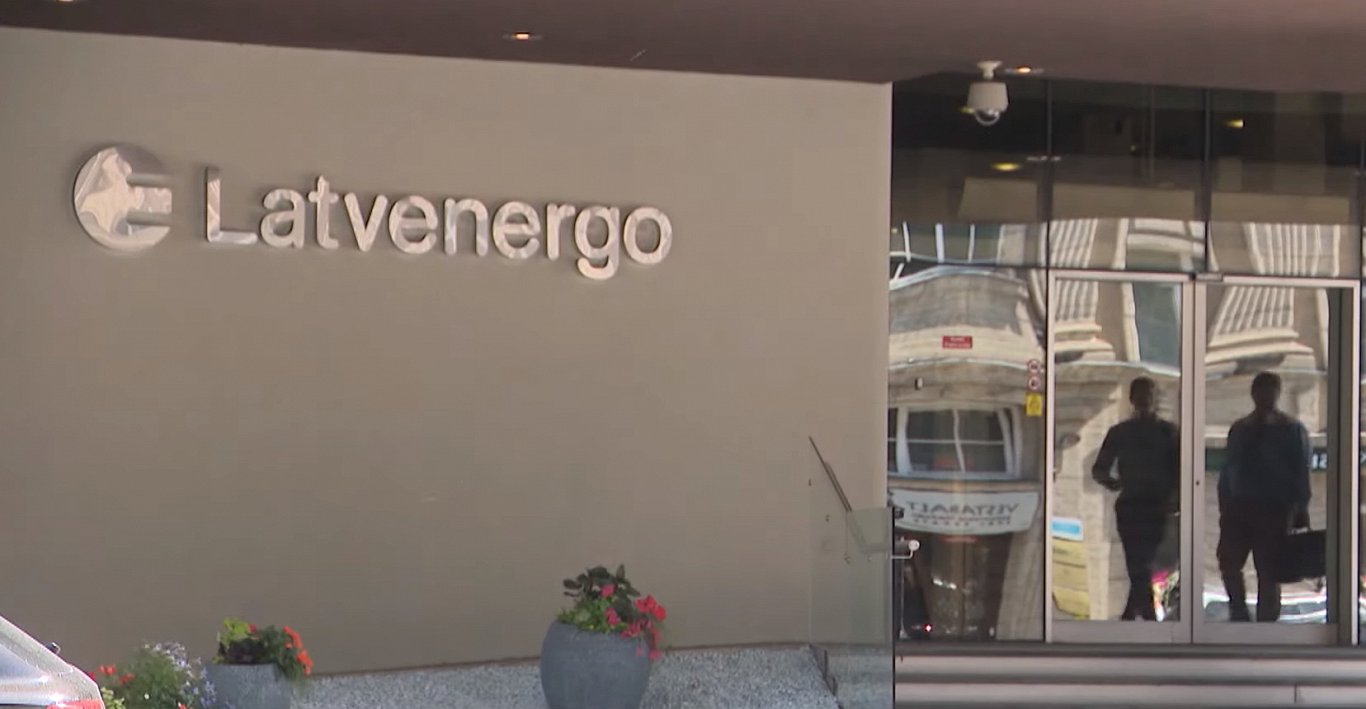The United List submitted a request to Economics Minister Viktors Valainis (Union of Greens and Farmers, ZZS) and Climate and Energy Minister Kaspars Melnis (ZZS), asking to explain Latvenergo's energy production "downtime and related losses to the national economy."
Latvenergo explained that during the regular inspection, insulation damage was detected in one of the power units. Therefore, in cooperation with equipment manufacturer Siemens, planned inspections took place. Experts decided repairs were needed to avoid finding themselves in even bigger problems. After evaluating all energy security and other factors, Latvenergo supported the need for repairs, the announcement was also posted on the Nordpool stock exchange. Repairs completed January 11.
But as the United List puts it, planning or not being able to complete such “repairs within short timescales, at a time when climatic conditions and rising electricity consumption demand the mobilization of all possible capacities to prevent electricity shortages and rapid increases in its price, shows a short-sighted and uneconomic policy.”
Saeima deputy Andris Kulbergs (United List) emphasized that energy security should come first, so repairs should have been carried out in the summer.
On the other hand, Economics Minister Viktors Valainis said that the allegations that energy security was at risk because of these events are not true. The Minister also emphasized that although it is necessary to avoid repairs to thermal power stations in winter, it must be understood that this cannot be done in summer, because energy security then faces even greater risks. The best time for repairs is autumn and spring, but such situations are not predictable, and it should be understood that Latvenergo has been forced to carry out winter repairs, Valainis explained.
Mārtiņš Čakste, Chairman of the Board of Latvenergo, also emphasized that much of the information voiced is not true, and from January 11 all energy units are working at full capacity. So overall, readiness is good, energy security is fine, and unplanned repairs are happening, which the public needs to understand because the facilities are complex and not all can be planned in advance. But repairs have been carried out sufficiently fast, Čakste noted.
The request was not rejected at the meeting of the Saeima Committee and is included on the agenda of next week's Saeima meeting.






























